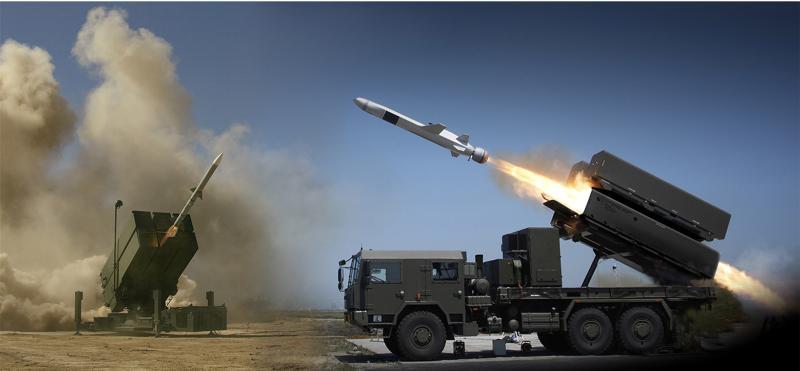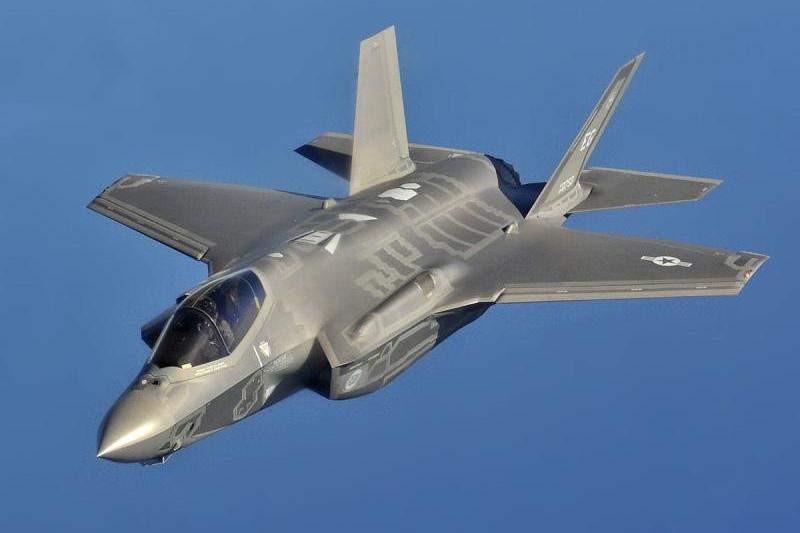Making missile code changes easier, faster, more secure
Boeing upgrade rolls out across intercontinental ballistic missile launch sites, marking a key deployment milestone.
Boeing’s upgraded intercontinental ballistic missile, or ICBM, cryptography message processing units have been given initial operational capability status by the U.S. Air Force — a key milestone in the ongoing modernization of the nation’s enduring strategic deterrence capabilities.
The upgrade is delivering massive time savings for airmen by enabling remote versus in-person launch code and key changes, as well as enhancing the security of launch command processing and improving site security by eliminating the need to physically access them.
“Prior to the upgrade, teams of airmen had to physically travel miles to remote ICBM sites to perform annual code and key changes at each of the 400 missiles on alert across five states. Each of these changes could take upwards of a week to complete,” said Ted Kerzie, director of Boeing’s Strategic Deterrence Systems. “Now, that time has been reduced to just a few hours per code change with fewer staff and resources required, resulting in tens of thousands of hours of total savings annually.”
More than 30% of the upgraded units have been fielded to date. The work is being done as part of a four-year, $127 million contract awarded by the Air Force in 2019.
“We’re thrilled to deliver these security enhancements and savings to the Air Force,” Kerzie said. “It’s part of our greater commitment to help keep our ICBMs safe, secure and effective for the country through the mid- to late 2030s.”
The modernized cryptography hardware is being designed and produced at several Boeing locations — including Ogden, Utah; Heath, Ohio; Huntsville, Alabama; and Huntington Beach, California. Full operational fielding of the units is expected to be completed in 2023.
By Josh Roth











